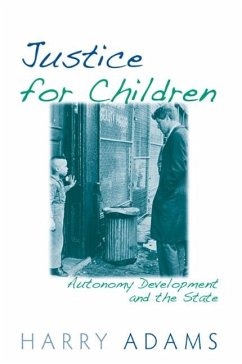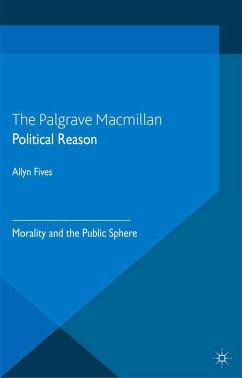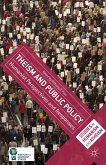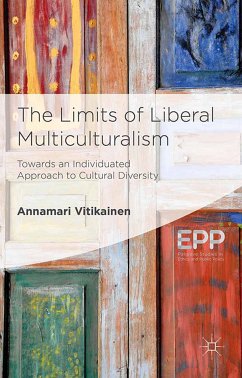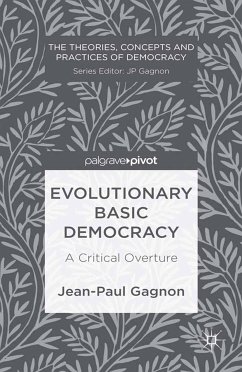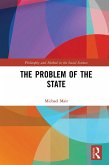In this groundbreaking theory of justice for children, Harry Adams takes the basic moral and political ideal of autonomy and shows what radical implications it has when applied to children and their development. Adams argues that it makes little sense to try to respect everyone's autonomy if enough attention hasn't been given to the ways that people do and do not develop autonomy in the first place, when they're young. Using the latest empirical research-from developmental psychology to population health and life course studies to primate ethnology and neurobiology-he explores how children develop different degrees of autonomy. Adams also discusses various public policies and programs that he feels any truly just society will have in place, in order to protect disadvantaged children's attainment of a minimal level of autonomy. He analyzes the ethical and practical appeals to, as well as the dangers and limits of, various family intervention programs, compulsory contraception programs, and early education programs, providing both a parental licensing model and an educational justice standard.
Dieser Download kann aus rechtlichen Gründen nur mit Rechnungsadresse in A, D ausgeliefert werden.

